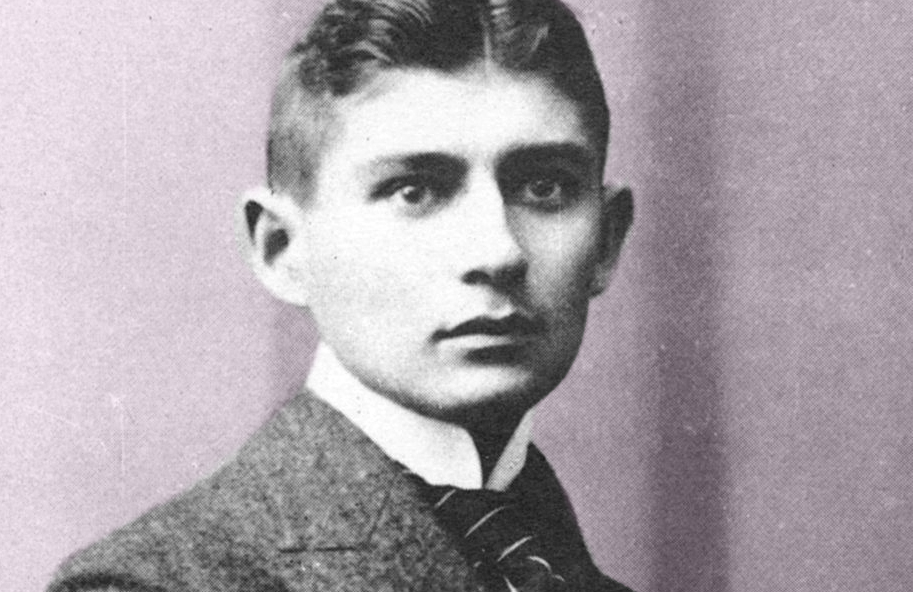
Lasting from September 1912 to October 1917, Franz Kafka’s correspondence with Felice Bauer overlapped with his writing The Metamorphosis, In the Penal Colony, and the beginning of his work on The Trial. Although stiflingly self-conscious, Kafka was a fervent womanizer, carrying on numerous romantic involvements (and frequenting brothels) throughout his life. Here, he tries to convince Bauer to marry him, attempting to dispel her longing for marital dependence.
Dearest F.,
In your last letter (how long have I sat motionless over that word, wishing you were here!) there is a sentence that is fairly clear to me from every angle; this hasn’t happened for a long time. It concerns the apprehensions you feel about sharing life with me. You don’t think—or perhaps you merely wonder whether, or perhaps you merely want to hear my views about it—that in me you will find the vital support you undoubtedly need. There is nothing straightforward I can say to that. I may also be too tired just now (I had to wait for your telegram until 5 P.M. Why? What’s more, contrary to your promise, I had to wait as long as 24 hours for your letter. Why?) and far beneath my tiredness too happy about your letter.
It is late evening. I won’t be able to write of the most important matters today. The exact information you want about me, dearest F., I cannot give you; I can give it you, if at all, only when running along behind you in the Tiergarten, you always on the point of vanishing altogether, and I on the point of prostrating myself; only when thus humiliated, more deeply than any dog, am I able to do it. When you pose that question now I can only say: I love you, F., to the limits of my strength, in this respect you can trust me entirely. But for the rest, F., I do not know myself completely. Surprises and disappointments about myself follow each other in endless succession.What I hope is that these surprises and disappointments will be mine alone; I shall use all my strength to see that none but the pleasant, the pleasantest of surprises of my nature will touch you; I can vouch for this, but what I cannot vouch for is that I shall always succeed. How could I vouch for that in view of the bewildering confusion in my letters which you have been receiving from me all this time? We haven’t been together much, it’s true, but even if we had been together a great deal, I would have asked you (for that would then have been impossible to do) to judge me by my letters and not by your personal experience. The potentialities latent in my letters are equally latent in me, the bad as well as the good; personal experience robs one of perspective, and in my particular case to my disadvantage. […]
Moreover, I believe that this immaturity of mine, these possibly happy, possibly unhappy fluctuations of my nature, need not be in any way decisive for your future happiness with me; you needn’t be directly exposed to their effects. You are not dependent on others, F.; you may long to, or rather you certainly long to become dependent; but you would hardly give in to that kind of longing indefinitely. You couldn’t do it.
To your final question, however, whether it is possible for me to take you as though nothing had happened, I can only say that it is not possible. But what is possible, and in fact necessary, is for me to take you with all that has happened, and to hold on to you to the point of delirium.
Kindest regards, yours,
Franz K.
FURTHER READING
For a NYT Book review of Kafka’s collected letters to Felice Bauer, providing the context of their relationship, click here
Bulgarian novelist Elias Canetti wrote Kafka’s Other Trial: The Letters to Felice from a co-reading of these letters and The Trial. Click here to read a blog post discussing the work.


